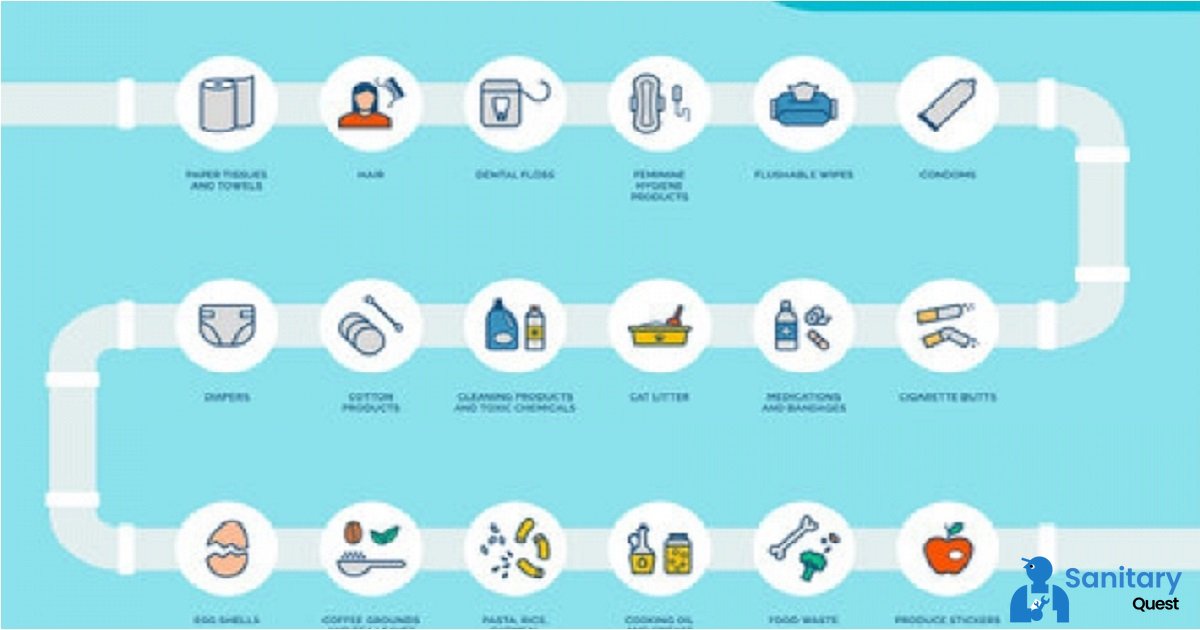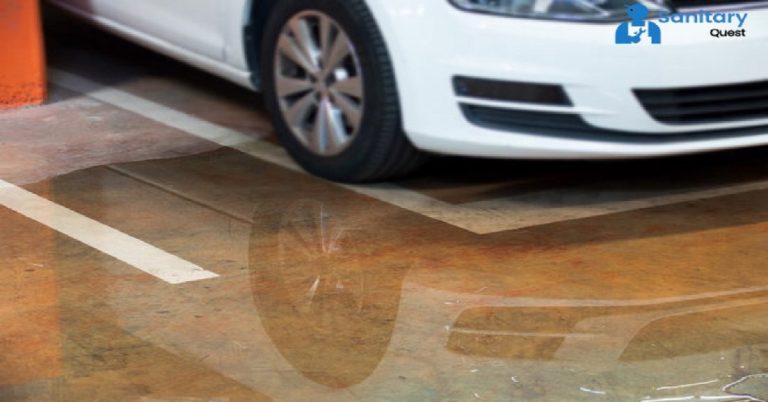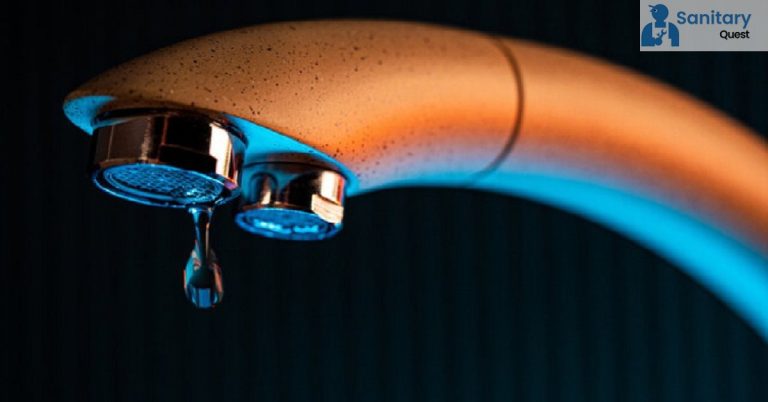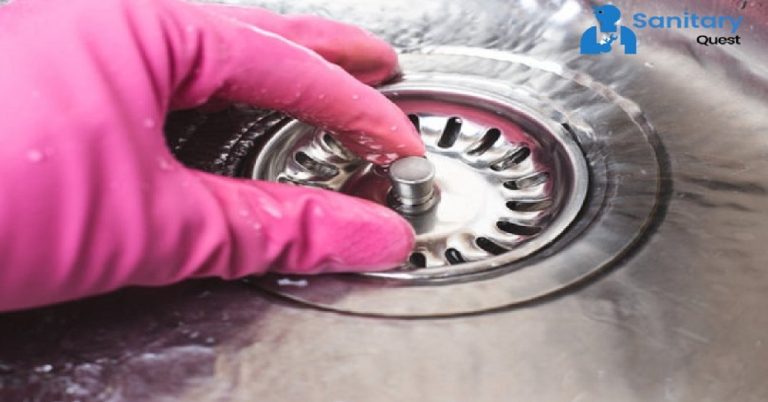7 Foods You Should Never Put Down Your Drains
Many of us are currently devoting a significant portion of our time to the activities in our kitchens in anticipation of the forthcoming holiday season. These activities include preparing delectable meals and goodies for our families and friends. Certain foods and food scraps should never be flushed down the toilet or put down the drain, regardless of whether or not you have a garbage disposal. Several foods should under no circumstances be flushed down the toilet, even though it may be tempting to let food leftovers go down the drain. If you can prevent these seven meals from going down the drain in your kitchen sink, you can keep your holiday celebration from being wrecked by a clogged drain.
Oatmeal
Because it forms clumps and adheres to anything else in your pipes with which it comes into contact, oatmeal may not be the direct cause of a clog in your pipes; however, it can act as a cement-like substance that binds sludge in your pipes together to form a clog because of how it behaves when it comes into contact with other things in your pipes. Because oatmeal is resistant to the cleaners typically found in the average home, it is difficult to remove and frequently requires the services of an expensive plumber.
Fats and oils and drain
A clogged kitchen drain will almost always be caused by the infamous FOG type of clog, which is made up of fats, oils, and grease. This type of clog is the most common cause of kitchen drain blockages. These substances, which are currently in liquid form, may appear to be a good idea to pour down your drain; however, they will eventually solidify into a greasy clog that will be difficult to remove once it has formed.
Bones
Your garbage disposal may have very sharp blades, but it needs to be more powerful to process thick bones such as those from chicken, lamb, or beef, even though it may have these features. They are too robust and dense for the disposal to chew through them properly because they are tough and dense. They will become entangled in the flywheel, which has the potential to result in the blades breaking as a direct consequence. It is strongly suggested that you dispose of these items in the garbage as soon as possible. Fish bones are the only thing that, due to their relatively small size, can be put through garbage disposal without any issues.
Pasta and rice
When they are exposed to moisture, starchy foods like pasta and rice continue to swell and form clumps even after they have been cooked. Even though a few strands of spaghetti won’t hurt anything, larger pasta can easily become caught in your disposal trap, which can cause your garbage disposal to become blocked up. Even though a few strands of spaghetti won’t injure anything, larger quantities of pasta can.
Eggshells
It is a common misconception that you may sharpen the blades of garbage disposal by putting eggshells through the machine; however, this is not the case. The adhesive membrane that is found on the inside has the potential to get tangled up in the disposal blades. Instead of using steel wool to sharpen the blades on your disposal, try ice cubes.
Stringy, fibrous vegetables
This group of vegetables includes asparagus and celery, two of the most common. These veggies are difficult for your garbage disposal to grind up, and the strings can become tangled up with the blades, making the process much more difficult.
Coffee grounds
The grinds from your coffee have a high propensity to get stuck in the drain trap of your garbage disposal, where they will remain until they are eventually flushed down the toilet. This has the potential to become a significant obstruction in the long run.
FAQs
Q1: What unclogs drains quickly?
A mixture of vinegar and baking soda can often unclog drains quickly. Pour the baking soda down the drain, followed by vinegar. Let it sit for some time and then flush the drain with hot water. This combination can help break down blockages and clear the way for better drainage.
Q2: What items clog drains?
Items like grease, coffee grounds, eggshells, and starchy foods (like pasta or rice) can clog drains. These substances can solidify or accumulate, leading to blockages in pipes. Additionally, items such as paper towels, hygiene products, and excessive toilet paper can also cause drain blockages, as they don’t break down easily in water.
Q3: What should you never pour down a drain?
Never pour grease, oils, or fats down a drain as they solidify and cause blockages. Avoid dumping coffee grounds, eggshells, or starchy foods, which can clump and congest pipes. Non-flushable items like wipes, paper towels, and hygiene products should also stay out of drains as they don’t dissolve, leading to clogs.
Q4: What is a DIY solution for drains?
A common DIY solution for unclogging drains involves using a mixture of vinegar and baking soda. Pour the baking soda down the drain, followed by vinegar. After allowing it to sit for some time, flush the drain with hot water. This mix helps to open up blockages and can clean small clogs well.







